Falling Through the Social Safety Net in Lebanon
Posted in: Life in the Middle East, Society & culture
Government social safety net programs provide healthcare, health insurance, retirement funds, disability payments, education, and other welfare services to people. The social safety net system has always been weak in Lebanon, but due to the economic and financial crisis it barely functions, and many forms of support are nonexistent.
Even before gaining independence from France in 1943, the political and cultural landscape of Lebanon was unstable. Following independence, Lebanon experienced civil war, sectarian violence, and an influx of refugees from Syria and Palestine. Multiple regional conflicts also drew the country in. This has led to exceptionally high levels of wealth inequality. Present day Lebanon is suffering a deep political and economic crisis.
Overall social safety net services in Lebanon receive little government funding and minimal coverage. On average the support it offers is much lower than other countries in the region. The Lebanese government spends less than 1% of GDP on social assistance, whereas the average for the Middle East and North Africa is 1.7%.
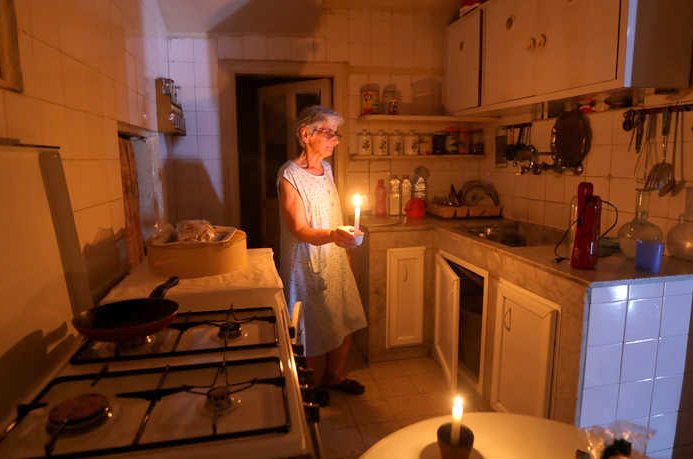

Since 2019, the value of the Lebanese pound has plummeted, and political instability and debt are high. In the wake of the Syrian Civil War that began a decade ago, Lebanon hosts among the largest number of refugees per person in the world. Along with endemic corruption, these issues have made it almost impossible for government social safety nets to serve their purpose. The strains on the government’s administration have caused the responsibility of providing social safety net programs to shift. People in Lebanon rely on private and non-profit organizations to receive most social safety net benefits.
The many different nongovernmental organizations must do their best to coordinate the bulk of social safety net services. This has led to an inconsistency in quality and implementation, and poor coordination of programs. It also leads to confusion about demographics and numbers. The combination of these issues makes it complicated for all private, public, and nonprofit organizations to administer programs.
Outlining the (minimal) formal social safety net
In the 1960s the Lebanese government created the National Social Security Fund to provide a range of medical, educational, retirement, and family support programs. Currently the social security fund only provides minimal coverage for these programs due to a lack of funds and currency devaluation.
The social security fund only provides services for Lebanese in the formal private sector. These are jobs with taxable wages. People working informal jobs that are common in agriculture, construction, housekeeping, artisanal work, and childcare aren’t eligible for social security programs. (Those who work in government agencies have a separate program.) As of 2019, 50% of the labor force isn’t eligible for social security. The number now may well be higher.
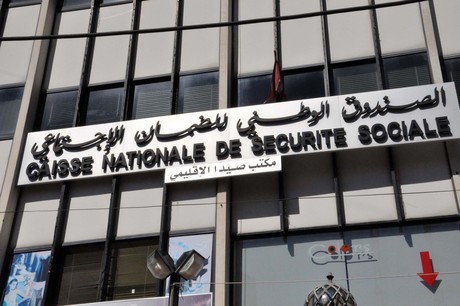

The Ministry of Social Affairs (MoSA) also offers three types of programs to cover people with disabilities, children in institutional care, and people with little to no income. Displaced peoples from Palestine and Syria are not eligible for any of these programs.
One of the programs MoSA offers under the social protection program is the personal disability card. The card lets the holder access assistance and resources as long as they register and meet certain criteria. Having a disability card allows a person to access education, therapy services, specialized equipment, as well as in-home care provided through the ministry and other providers.
MoSA also operates care facilities for children, where children receive food and education. Most of the children in the ministry’s care are not orphaned or abandoned. The problem is that there is a growing number of children in need of assistance due to the economic situation in Lebanon. This program does not provide alternative care options for children or support for families to keep children.
Currently, the only cash assistance program for the poor (known as the National Poverty Targeting Program) facilitates the delivery of social assistance through education subsidies, health subsidies, and food assistance to eligible households. Eligibility is determined through a standardized assessment conducted by MoSA social workers. Households are ranked in terms of poverty levels based on ‘vulnerability scores.’ These services are mostly funded by the UN, the European Union, Germany, Canada, Norway, Italy and France.
The need for stronger social support services
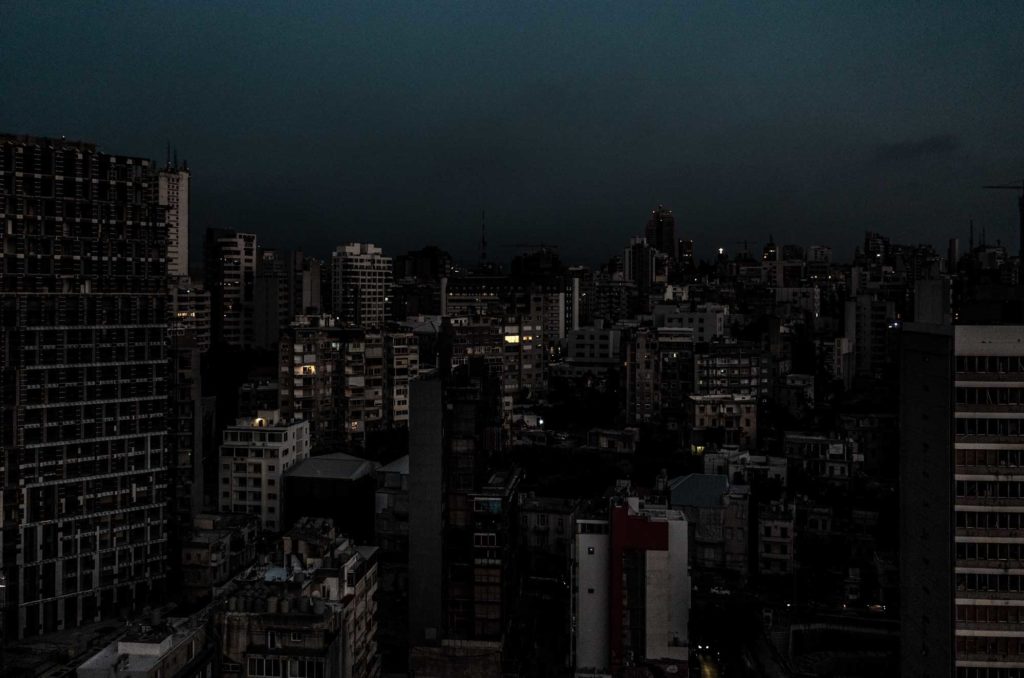

Precise poverty numbers are difficult to come by due to the political situation. In 2020 the United Nations estimated that 55% of the Lebanese population was living in poverty, based on their income. However, looking at poverty based on income alone does not provide a full picture of deprivation in Lebanon.
Multidimensional poverty expands the definition of poverty beyond monetary metrics to include other forms of deprivation. Following this framework, 82% of the population lives in multidimensional poverty. This means 82% of the Lebanese population experiences deprivation of one or more of the following: healthcare, electricity, education, housing, food, medicine or clothing.
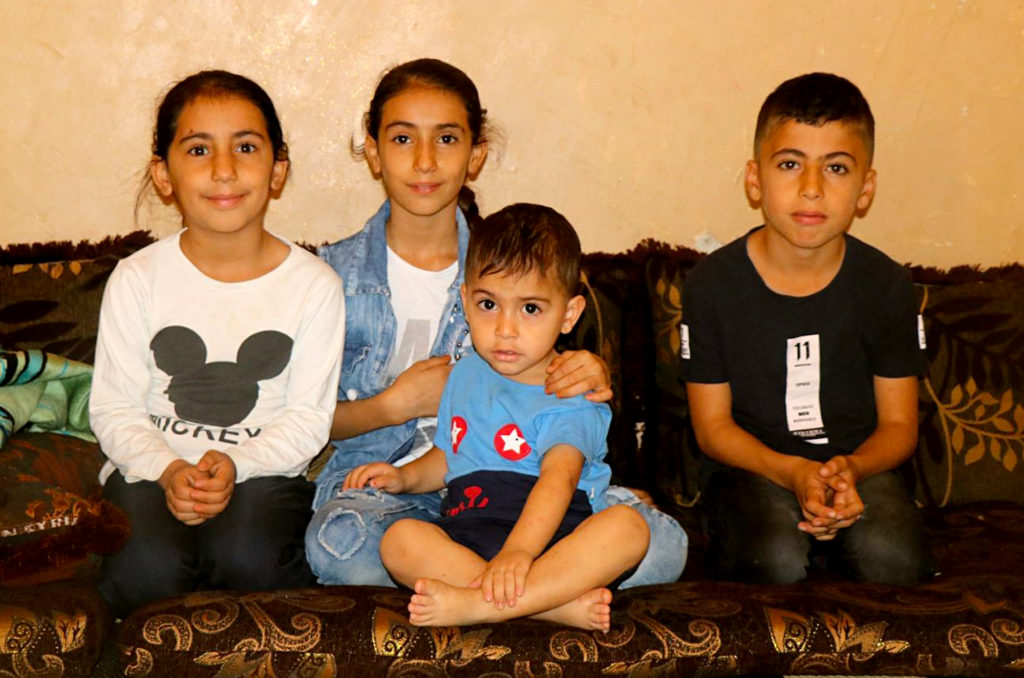
Rahim’s children benefit from Anera’s cash assistance program in Lebanon. 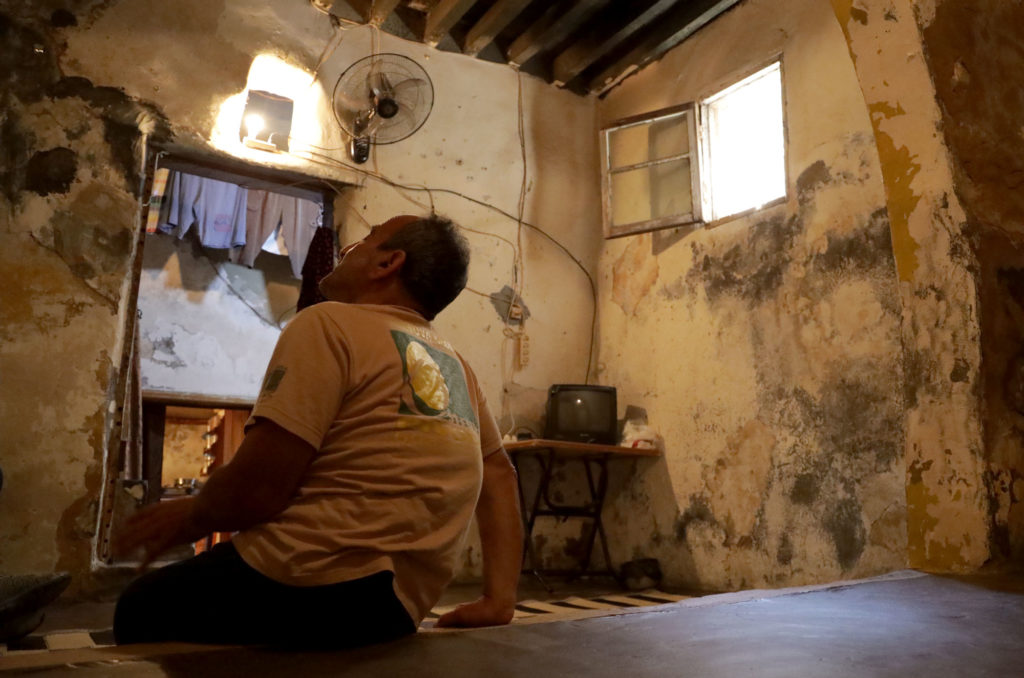
Many seniors in Lebanon face poverty and lack of healthcare resources. 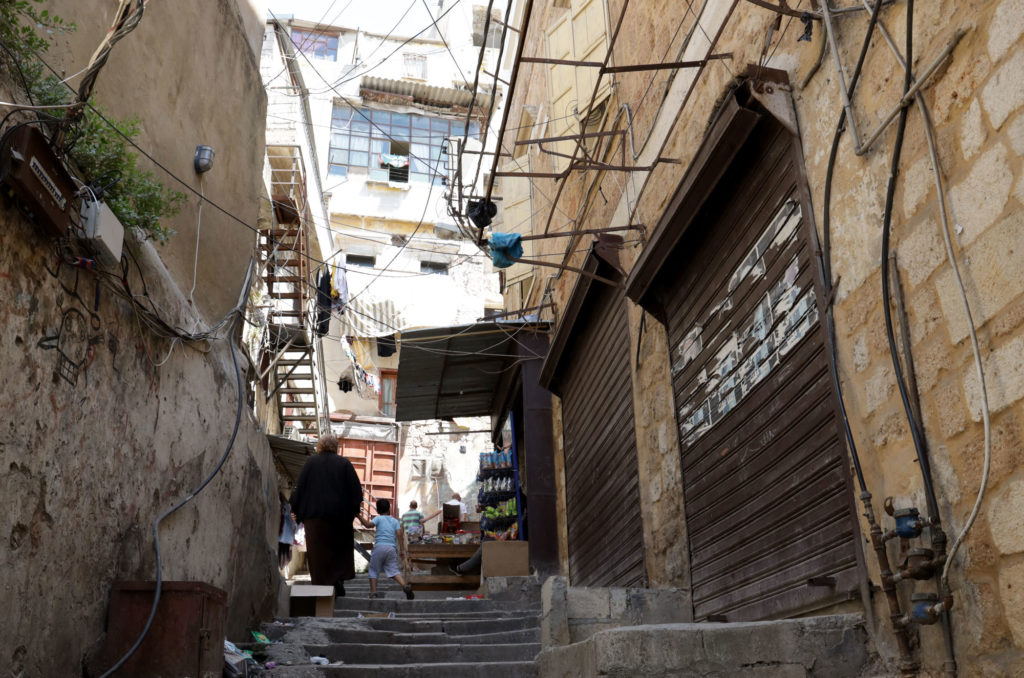
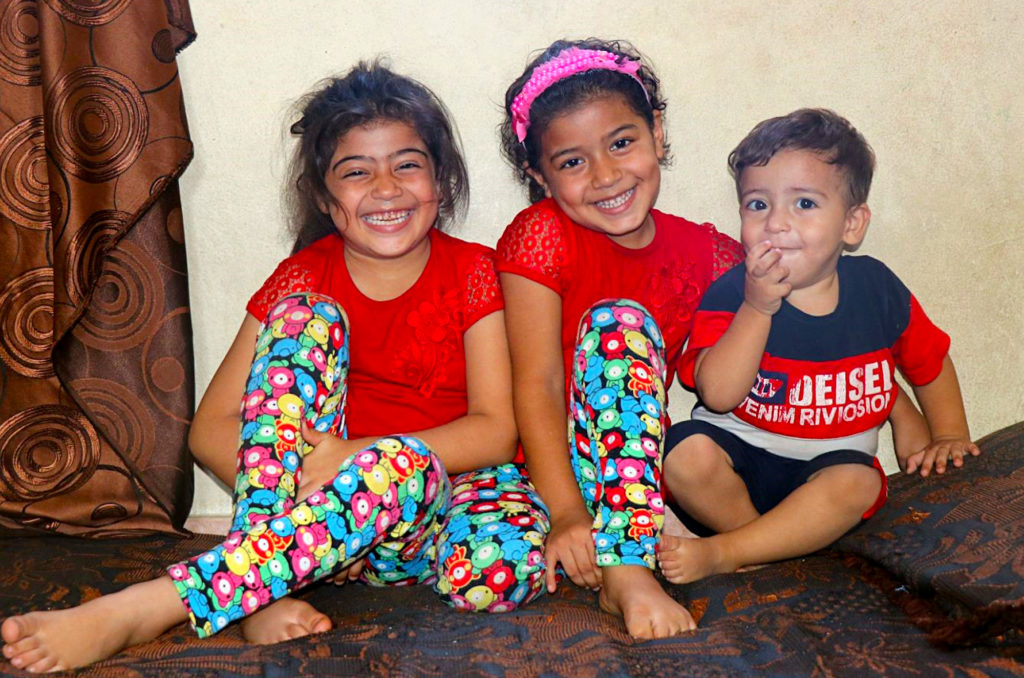
Awad’s children don’t have to worry about not having a roof over their heads thanks to Anera’s cash assistance program in Lebanon. 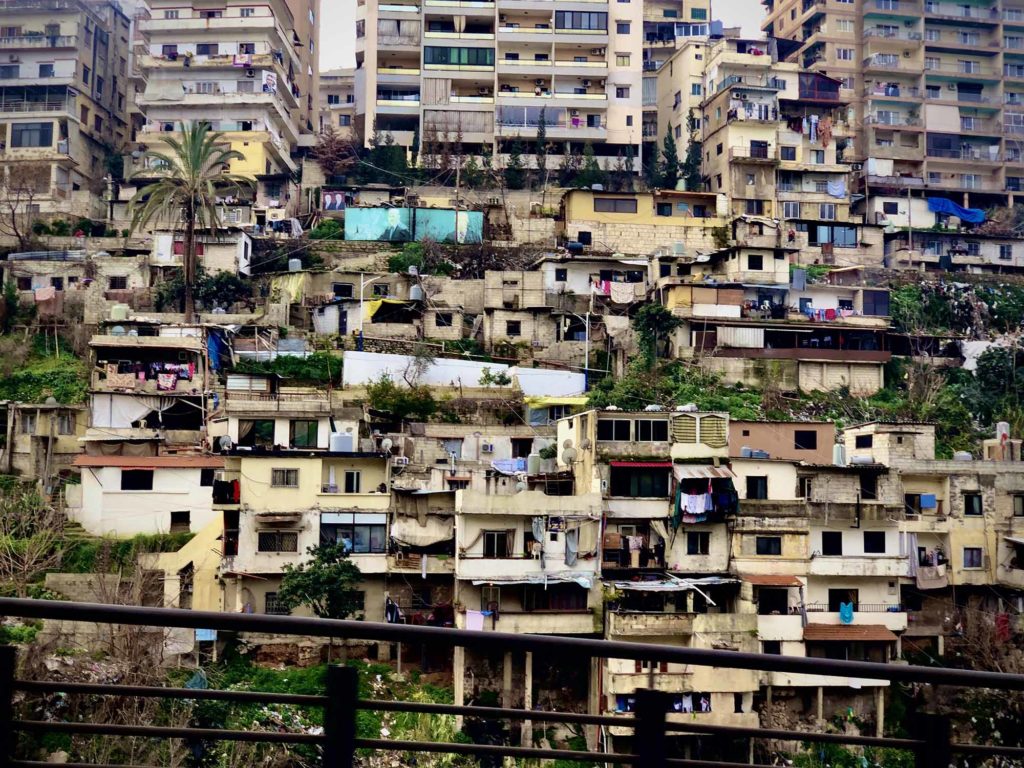
A crowded working class neighborhood in Tripoli Lebanon.
According to UNICEF, poverty in Lebanon is “strongly correlated with gender, age and disability.” The populations suffering the most from deprivation are often women, older adults, children, those living in poverty, and refugees. These groups are the ones that cannot afford private insurance, company retirement plans, or school fees. These populations are more likely to access these things through non-profits and faith-based organizations.
Recently passed laws have tried addressing the gaps in the social safety net, but corruption and political dysfunction have limited the government’s ability to expand and administer pre-existing and new programs. In August of 2021 the government of Lebanon approved a loan from the World Bank to provide cash assistance to needy families. The cash assistance aims at offsetting the rising cost of fuel and the end of subsidies for certain goods. After delays due to debate on whether the payments would be made in USD or the Lebanese pound, the Lebanese government finally agreed to make payments in USD. The cash assistance has yet to start flowing, and it is unclear when payments will actually begin to go out to families in need.
There are 1.5 million Syrians and at least 192,000 Palestinians, with more arriving in Lebanon over the years. They live among about 4.1 million Lebanese. The population of displaced peoples further places a heavy reliance on nonprofits, faith-based organizations, and private entities to deliver social safety net programs. Donor countries have provided funding for these programs and urgent humanitarian needs since 2012.
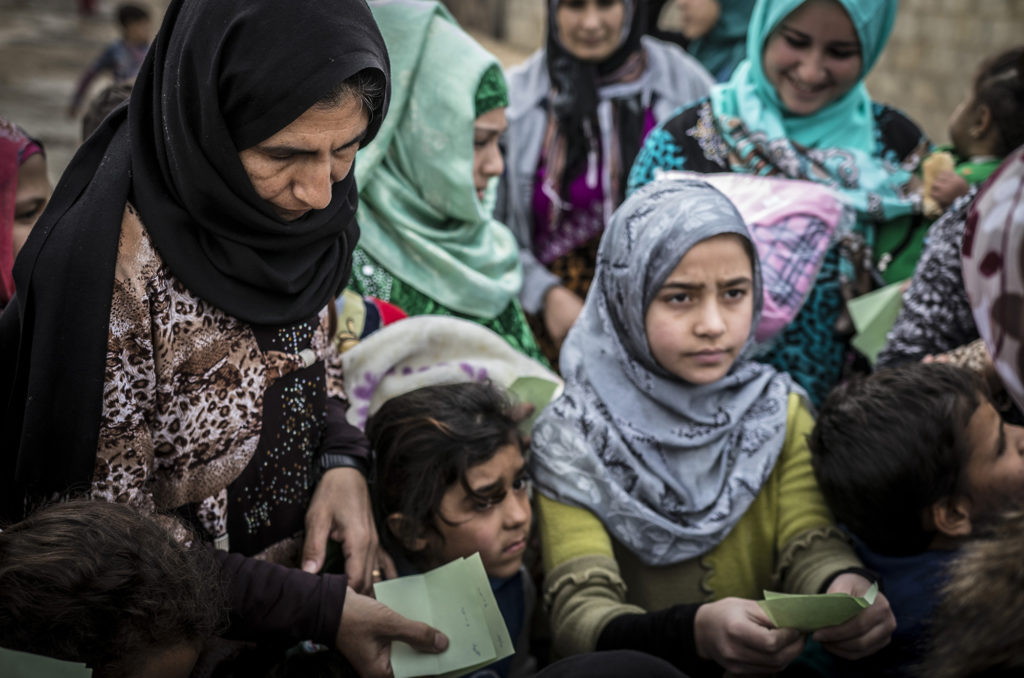

However, the international community must do more to help Lebanon meet the needs of the vulnerable. In 2011 the Lebanon Crisis Response Plan was established to protect and meet the basic needs of refugees and vulnerable Lebanese. The plan is a partnership between the government of Lebanon and international countries in the form of a yearly appeal for funds. As of 2020, the Lebanon Crisis Response Plan was only 63% funded.
How Anera helps
Nonprofits cannot replace the role of government in ensuring social welfare. However, political deadlock is no reason for inaction. Organizations like Anera can make a tangible difference in the lives of individuals. Anera has been working in Lebanon for many years to provide aid to vulnerable refugee and Lebanese communities.
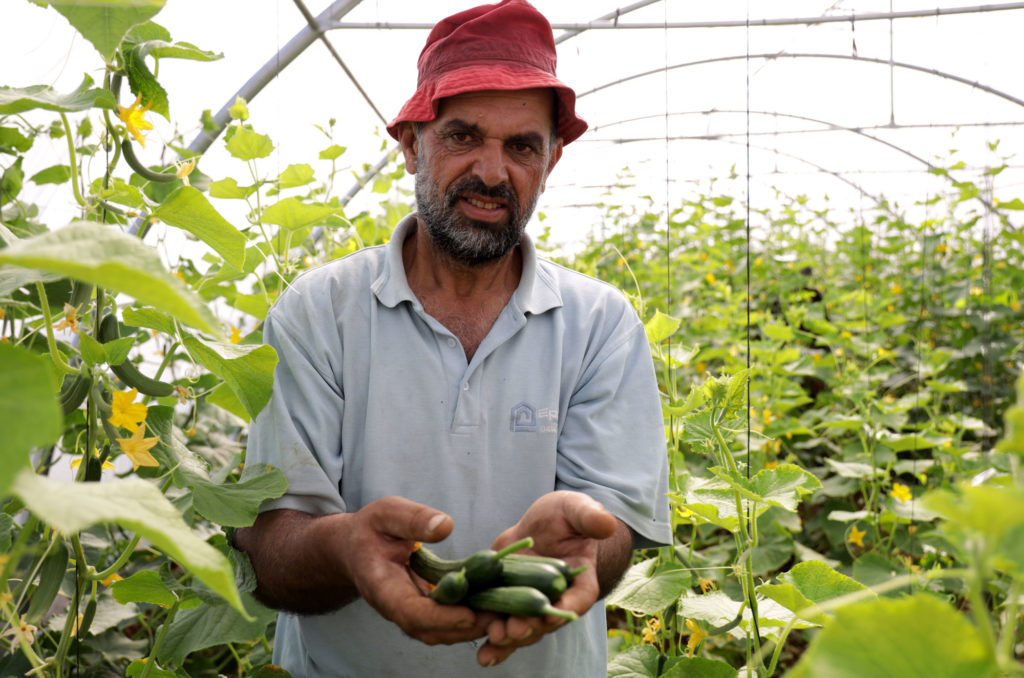
Marwan says Anera’s help in improving his farming will improve his crops and income, helping to secure a decent life for himself and his family in Lebanon. 
Young people help spread accurate information about COVID vaccines and how to register for vaccination in Palestinian refugee camps. 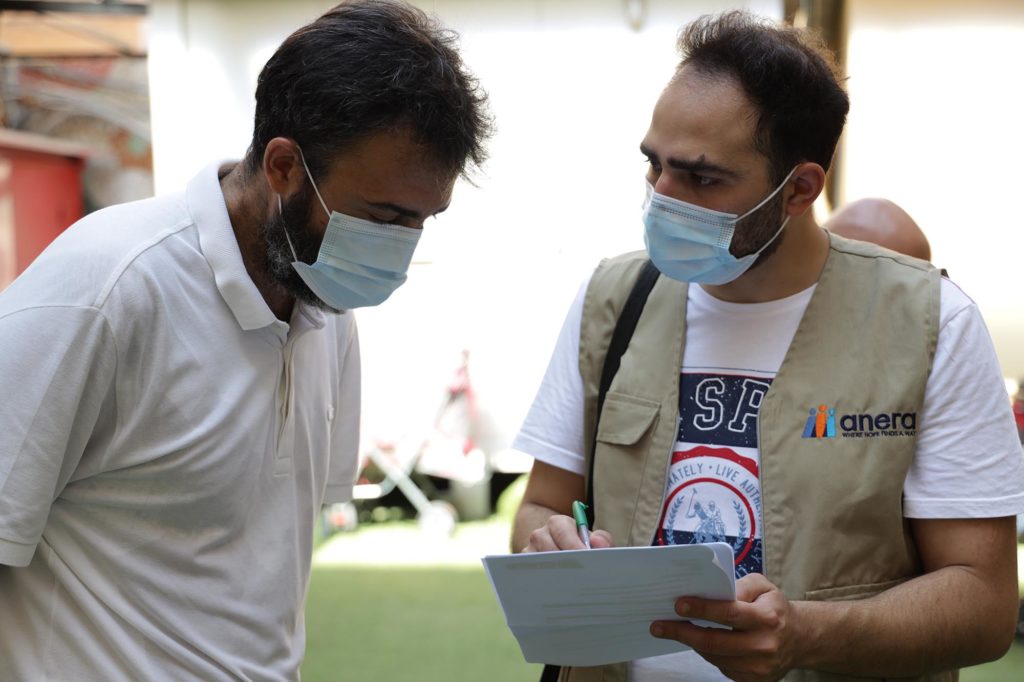
Medical donations delivered by Anera have been vital for the healthcare sector in Lebanon. 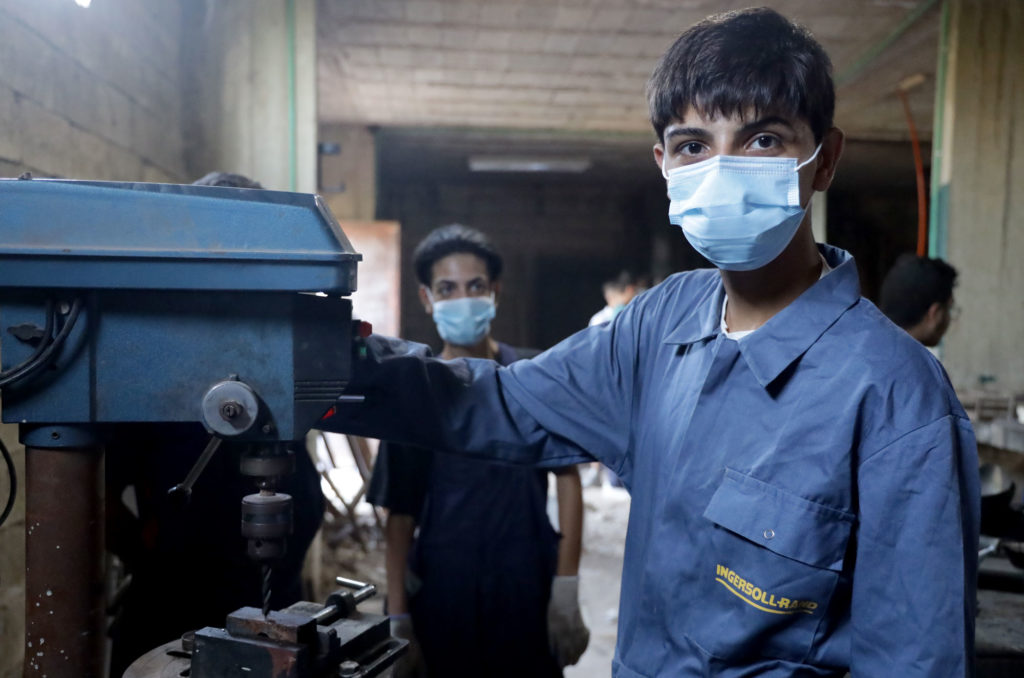
Young people like Mahdi, are learning new job skills in viable careers thanks to Anera’s vocational education program in Lebanon. 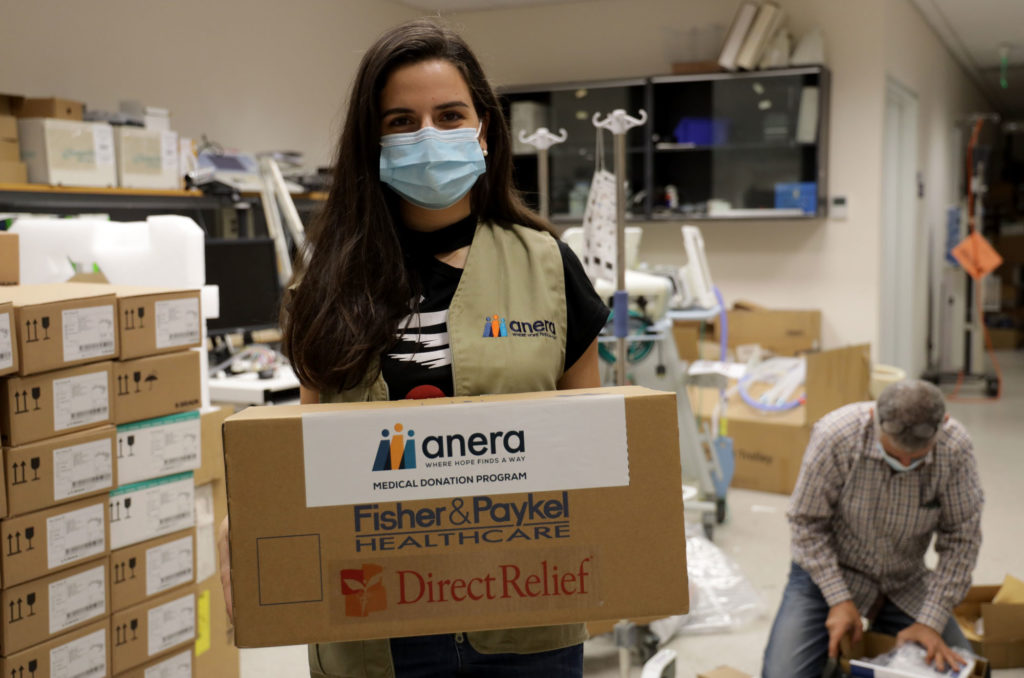
With the support of generous donors, in just the last year Anera has been able to rebuild homes, deliver medication, and provide tablets for long distance learning, among many other forms of support for the most vulnerable. And while Anera’s programming helps fill gaps in Lebanon’s social safety net, there is still much more work to be done.
